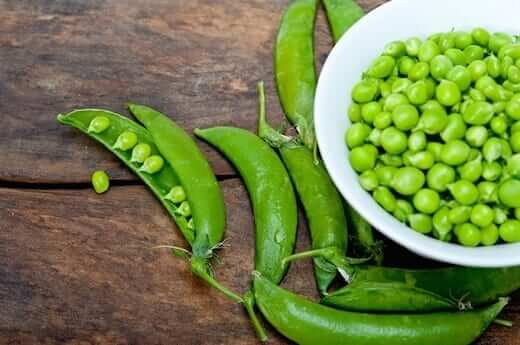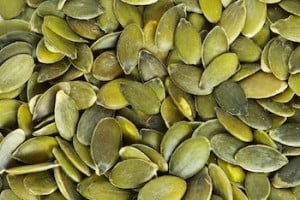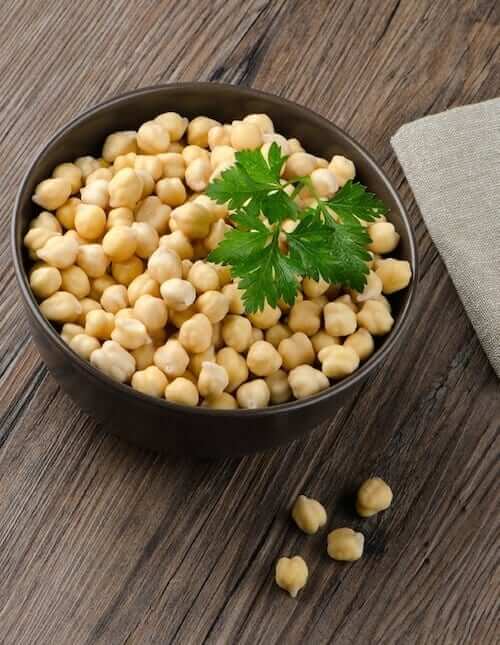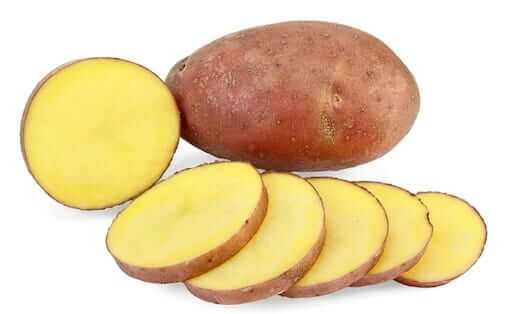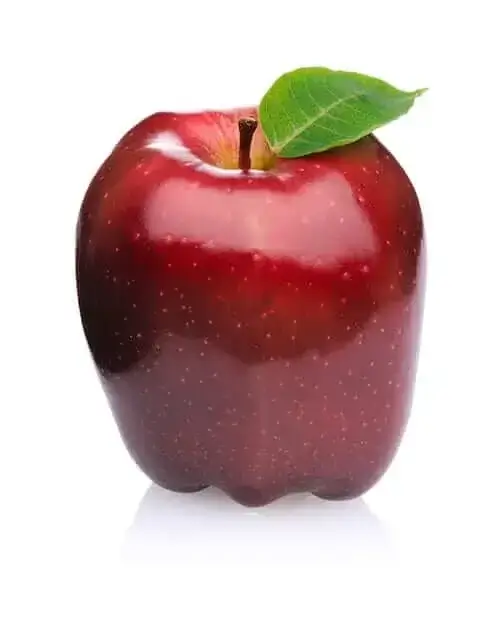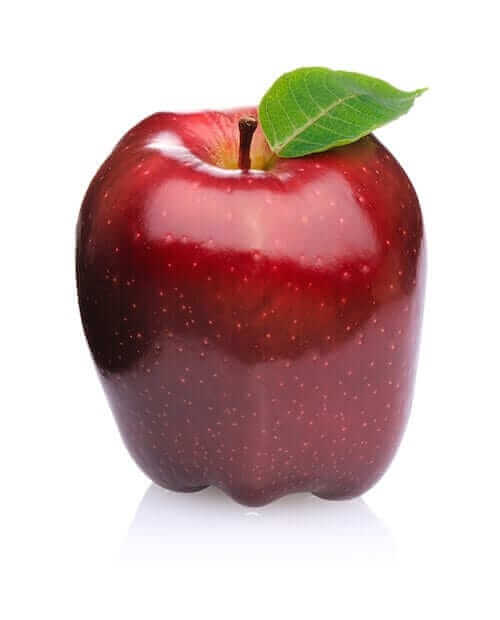Benefits of Butternut Squash on Your Health
Butternut squash is a thick and fleshy food that is mostly harvested in the fall and winter. Because of its yellowish-orange color, it is often called a butternut pumpkin. There is an ongoing debate about whether butternut squash is a fruit or vegetable. Nonetheless, it is regarded as a power food because of its many beneficial nutrients.
Types of Nutrients in Butternut Squash
Although most people eat it because it’s simply tasty, butternut squash is actually great for the heart. Its flesh is filled carotenoids, which are nutrients that are capable of preventing cardiovascular disease. Another important nutrient in butternut squash is fiber. Fiber has numerous benefits for the stomach and overall digestive system. It is one of the main substances that help break down the food you ingest, transport it and bulk up waste for healthy excretion.
Butternut Squash and Weight Loss

The combination of high fiber with low fat in butternut squash can aid weight loss significantly. Fiber fills up the stomach, therefore curbing hunger and prolonging the feeling of being full. Because it keeps the appetite under control, you’re likely to eat less and cut calories necessary to lose weight. What’s more, squash contains less than 100 calories a cup, which is ideal for weight loss diets.
Butternut Squash and Diabetes
Butternut squash is a great add-on to a diabetic diet. People suffering from diabetes need to keep their blood sugar as level as possible. This means avoiding any foods that might cause a quick sugar release, and consequently an insulin spike. Although butternut squash has a slight sweet taste, it hardly disturbs insulin levels because of its dietary fiber. Butternut squash is also known as a low-glycemic food, which makes it diabetic-friendly.
Butternut Squash Vitamins and Minerals
This particular type of squash carries a lot of vitamin A, B and C. Vitamin A contributes to your eye health, as well as the development of the lungs and prevention of cancers and degenerative illnesses. Vitamins B6 and C help to generate and increase energy. They are also believed to play an important role in metabolism, treatment of viral diseases and reducing inflammation.
The mineral profile of butternut squash includes potassium and folic acid. There are more than 500 grams of potassium in squash, which develops and maintains strong bones and teeth. Folic acid, or folate, takes care of the heart and can prevent multiple defects in growing fetuses and children.
Cooking with Butternut Squash
If you’ve cooked butternut before, you might know it can be challenging to cut and peel. A great tip is to put it in the microwave to soften its shell. This makes it easier to chop off its ends and continue to peel off the skin with a serrated peeler. From there, you can boil, bake or steam it until its flesh is tender. Add it to vegetable sides, stews or casseroles.
Butternut squash is one of the most accessible, affordable and natural ways to pump up your nutrient intake. From dietary fiber to vitamin A, this low-glycemic food can revitalize your organs and keep you in great shape.
